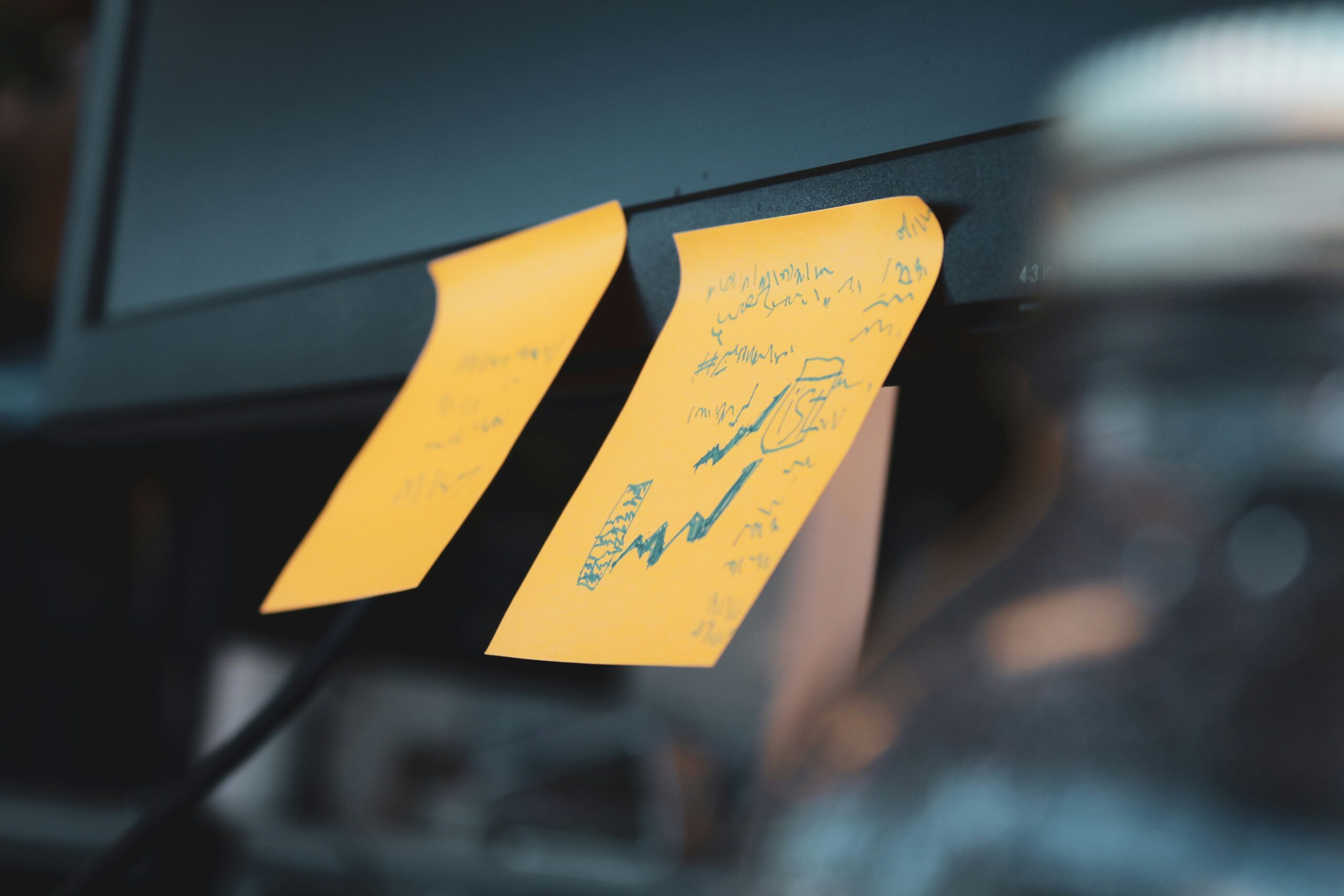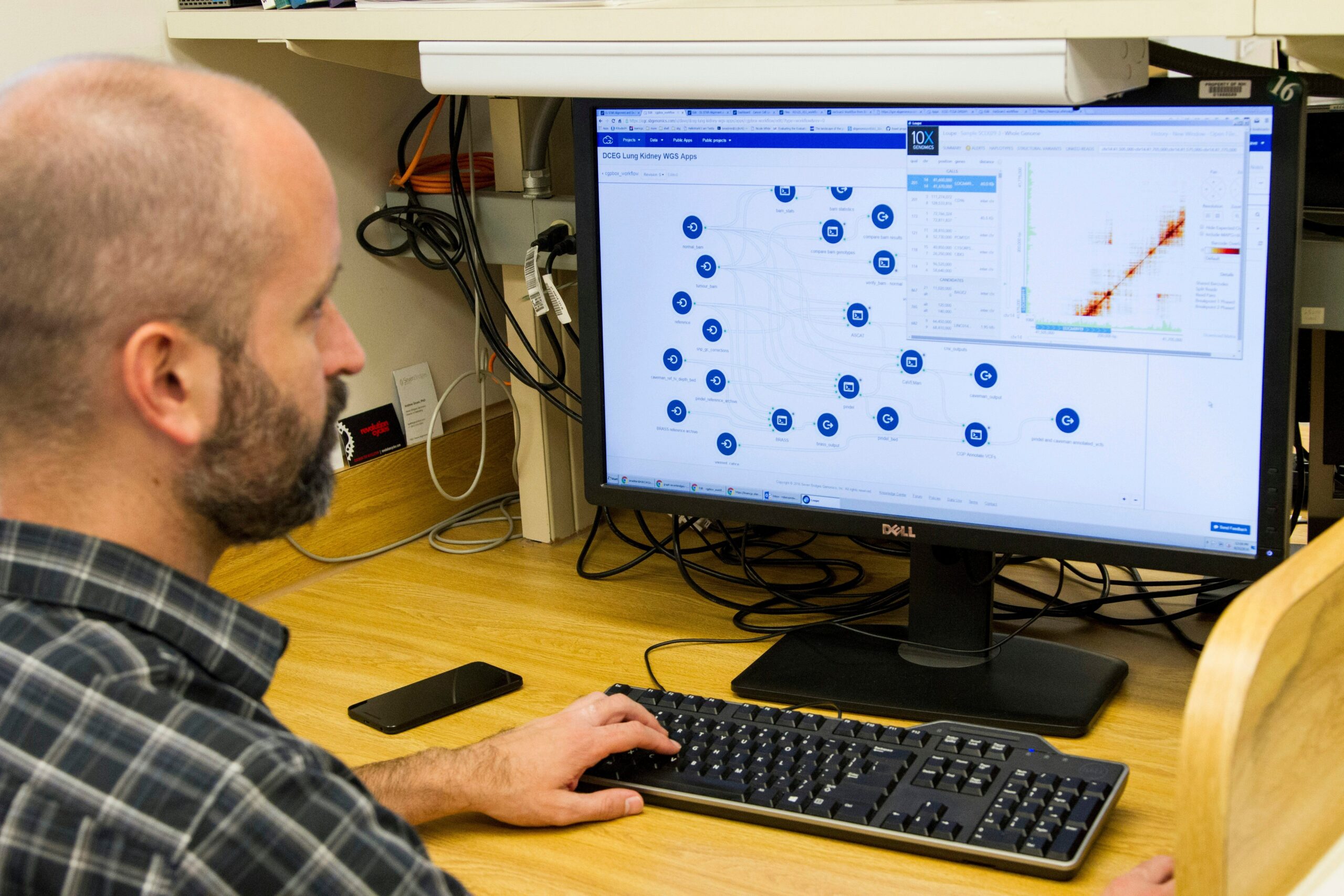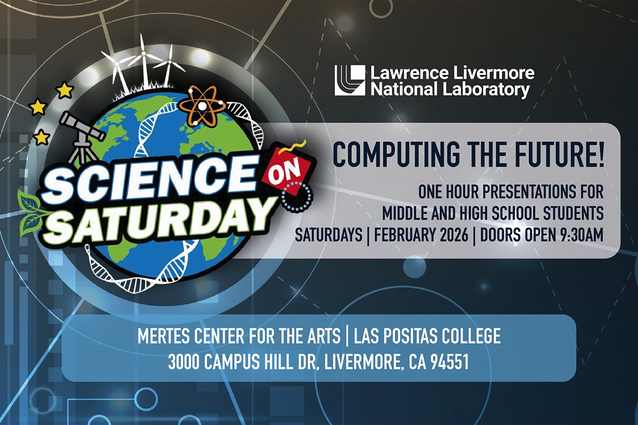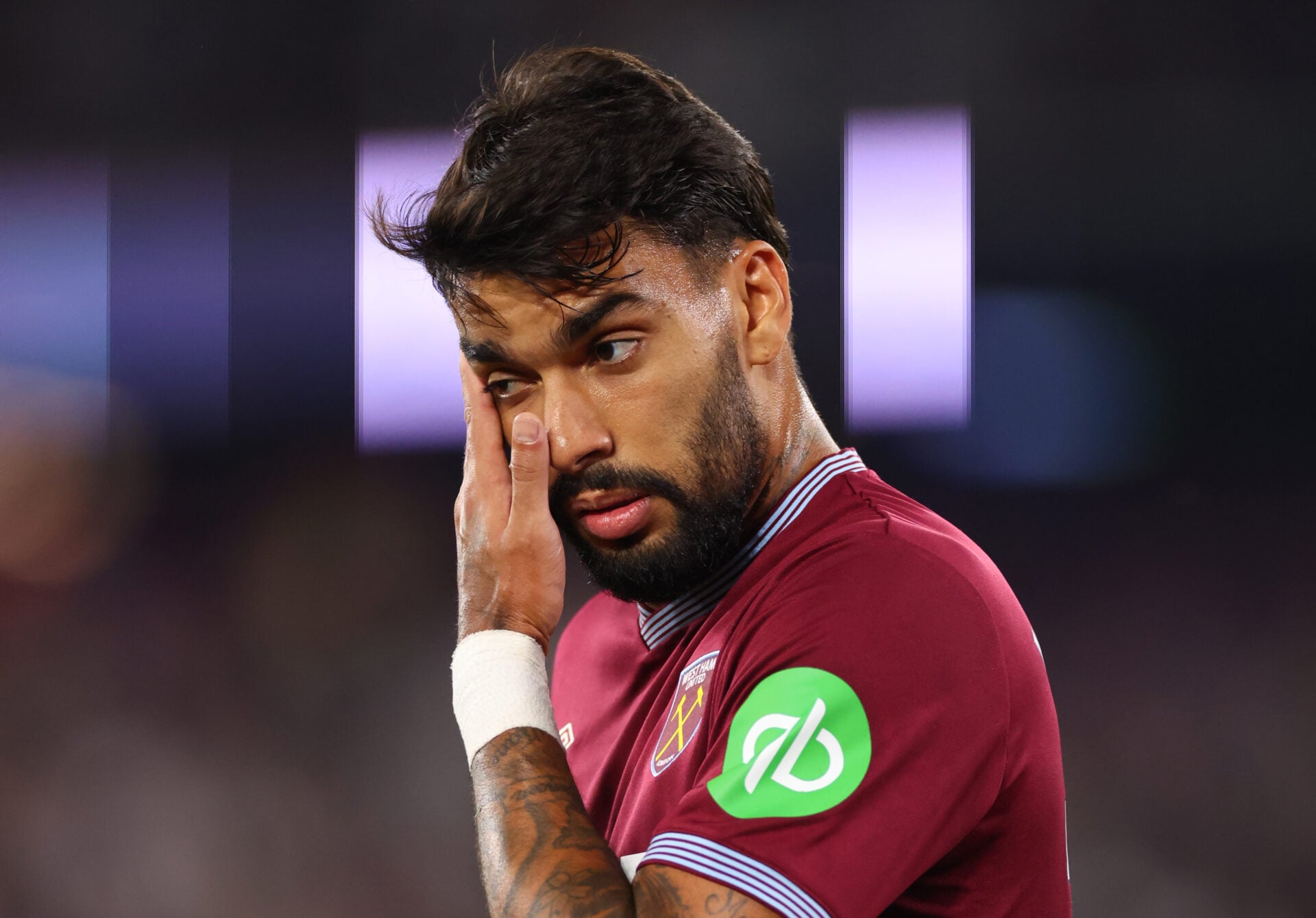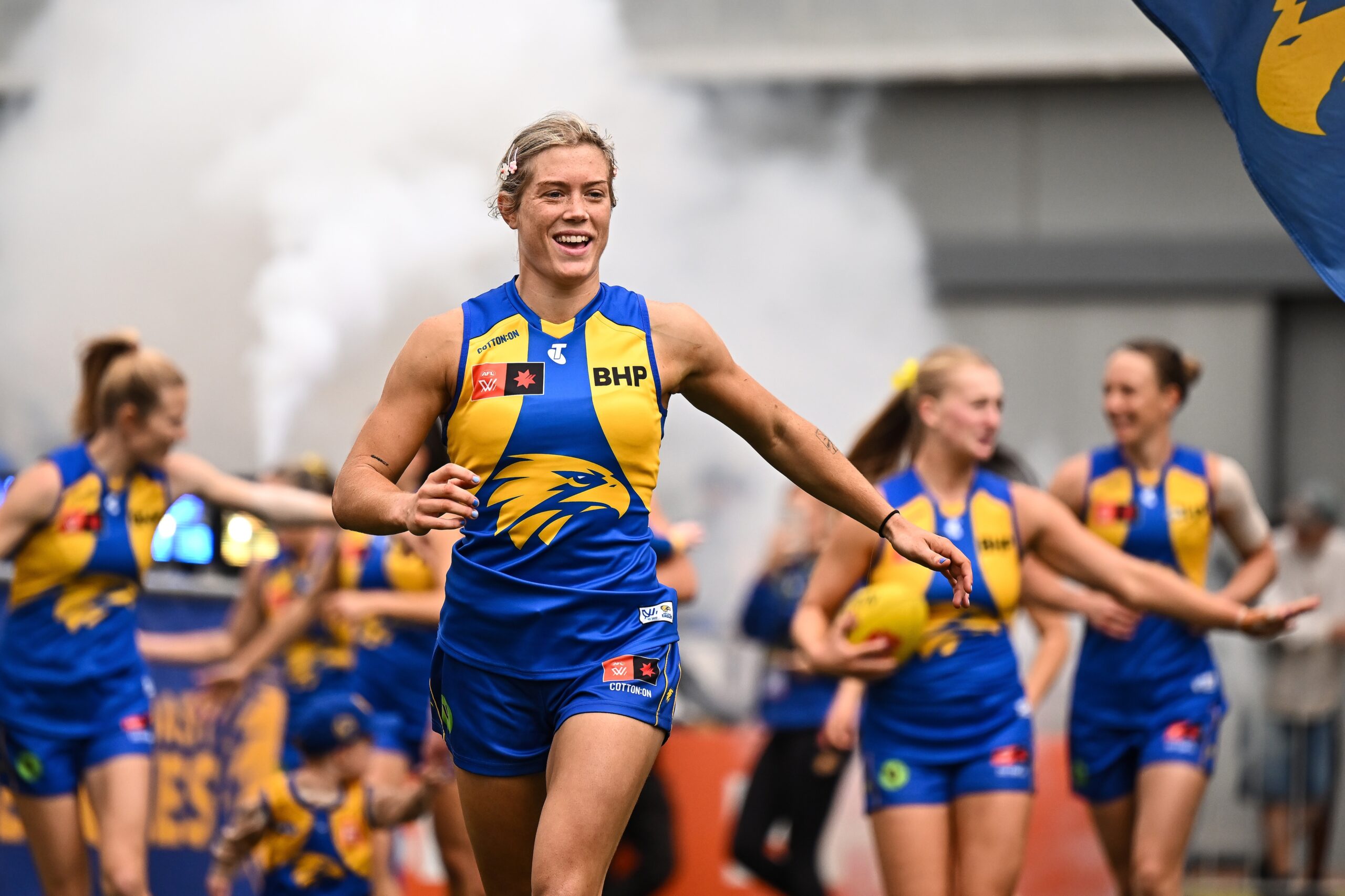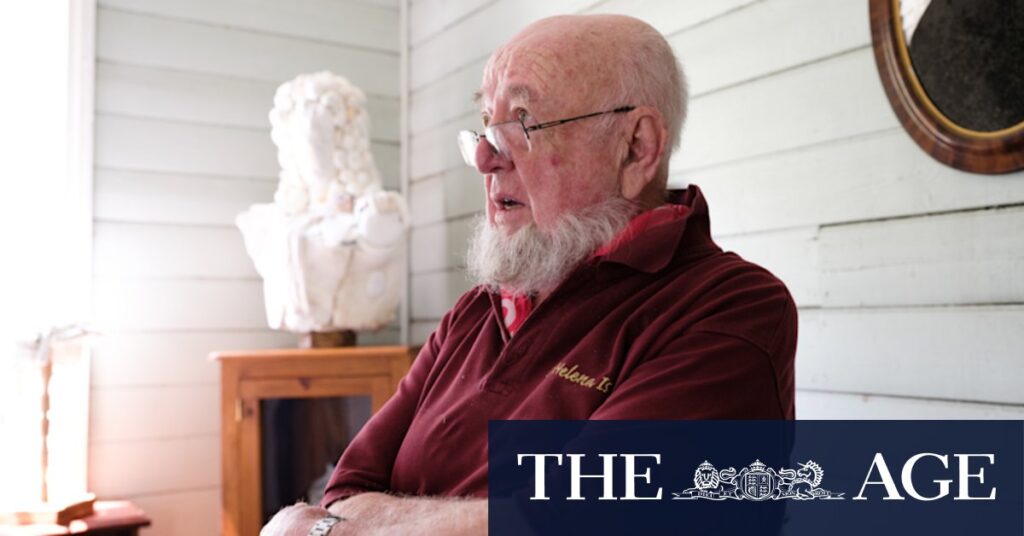
Tech giants are poised to offer media outlets and artists the option to opt out from a controversial initiative that would grant artificial intelligence firms free access to Australian content. This development coincides with a delegation of authors and musicians arriving in Canberra to contest the potential exploitation of their work by AI technologies.
Authors such as Thomas Keneally and Anna Funder, along with musicians including rapper Briggs, are scheduled to appear at Tuesday’s parliamentary inquiry into AI and the arts. However, OpenAI and the Tech Council of Australia have yet to confirm their attendance at the inquiry.
Background on the Copyright Debate
The debate over this proposal was ignited in August when the Productivity Commission suggested a “text and data mining” exemption from copyright restrictions. This recommendation came as local AI developers strive to establish a robust Australian industry.
Thomas Keneally, speaking to the Australian Financial Review last month, criticized the Productivity Commission for disregarding Australian culture, describing the copyright proposal as “life or death stuff.”
“That’s the way writers think of this. For the ones who know it’s on, it is ‘to the barricades’,” he said.
Tech Industry’s Stance and Proposed Solutions
The Tech Council of Australia has supported the copyright exemption. However, its chief executive, Damian Kassabgi, expressed openness to a system where creators could block their work from data mining and ensure paywalled news articles are automatically protected.
“The TCA is hopeful Australia can find a path forward on copyright that allows AI training to take place here while also including appropriate protections for creators who make a living from their work,” Kassabgi stated.
He further elaborated on existing tech solutions that allow creators to opt out of having their data used in AI training. Kassabgi suggested that a combination of opt-out technologies and content deals could enable creators to decide when their content is used to train AI models and benefit from such use.
The Tech Council highlighted the economic contributions of tech companies, noting that YouTube contributed over $970 million to the Australian economy last year, while Netflix invested $1 billion in Australian content.
“Tech companies have to date created systems that enable artists to promote, increase clicks and discover new revenue streams, including through exposure for Australians to international audiences,” Kassabgi added.
Political and Cultural Implications
Greens senator Sarah Hanson-Young emphasized that the copyright exemption issue would be a focal point of Tuesday’s hearing. She accused digital giants of exploiting Australian content without adequate compensation.
“Not only are these AI companies already taking a lot of content for free, but they now want an exemption for having to pay for it,” she said. “It’s grand theft. We need to put a line in the sand for protecting Australia’s cultural sovereignty.”
Within the Labor party, there is division over the exemption proposal. Media outlets, including Nine Entertainment, oppose it. Former industry and science minister Ed Husic has criticized the proposal, while backbencher Michelle Ananda-Rajah argues that tech firms should leverage local content to advance Australia’s technological capabilities.
Hanson-Young also claimed that Andrew Charlton, the assistant minister for science, technology, and the digital economy, aligns with the tech companies.
“Inside the government, he is the tech guy and the big tech companies are using him as their chief advocate,” Hanson-Young said.
Looking Ahead
The outcome of the parliamentary inquiry and the ongoing discussions between tech companies, government officials, and artists will be pivotal in shaping the future of AI and copyright in Australia. As the debate continues, stakeholders from all sides are keenly aware of the implications for both the tech industry and the preservation of Australian culture.
With tensions high and the stakes significant, the decisions made in the coming months could set a precedent for how AI and creative industries coexist in Australia and beyond.
